Fears as nuclear state declares ‘act of war’
Nuclear-armed Pakistan has vowed to “punish” India after claiming dozens were killed in a brutal overnight blitz.
Nuclear-armed Pakistan has vowed to “punish” India, which is also nuclear armed, and authorised its military to launch revenge strikes after claiming 26 people killed in a brutal overnight blitz.
The nation has accused India of “igniting an inferno” and claimed its missile strikes on Tuesday deliberately targeted civilians – killing innocent men, women and children – in what it branded a “cowardly and unlawful act of war”.
India insists it only hit terror infrastructure in a planned operation, striking nine sites used by militants after a terror attack in Indian administered Kashmir – and denies targeting civilians or military facilities.
Fighting across India and Pakistan’s disputed border in the mountainous Kashmir region has also led to deaths.
World leaders have urged both nations to show restraint.
Pakistan’s Prime Minister Shehbaz Sharif has said the armed forces are now “authorised to undertake corresponding actions”, vowing to respond “at a time, place, and manner of its choosing”.
In a televised address on Wednesday, local time, Mr Sharif said its claimed downing of several Indian fighter jets was a “reply from our side to them”.
“India forgot that this is a nation who knows to fight for their country.
“We will definitely stand against them and win.”
On Wednesday, Pakistan’s National Security Council called upon the “international community” to recognise the “gravity of India’s unprovoked illegal actions and to hold it accountable for its blatant violations of international norms and laws”.
It said India ”targeted civilian areas, on the false pretext of the presence of imaginary terrorist camps,” and accused Delhi of “once again ignited an inferno in the region”.
Pakistan claimed to have shot down five Indian warplanes in response to the blitz.
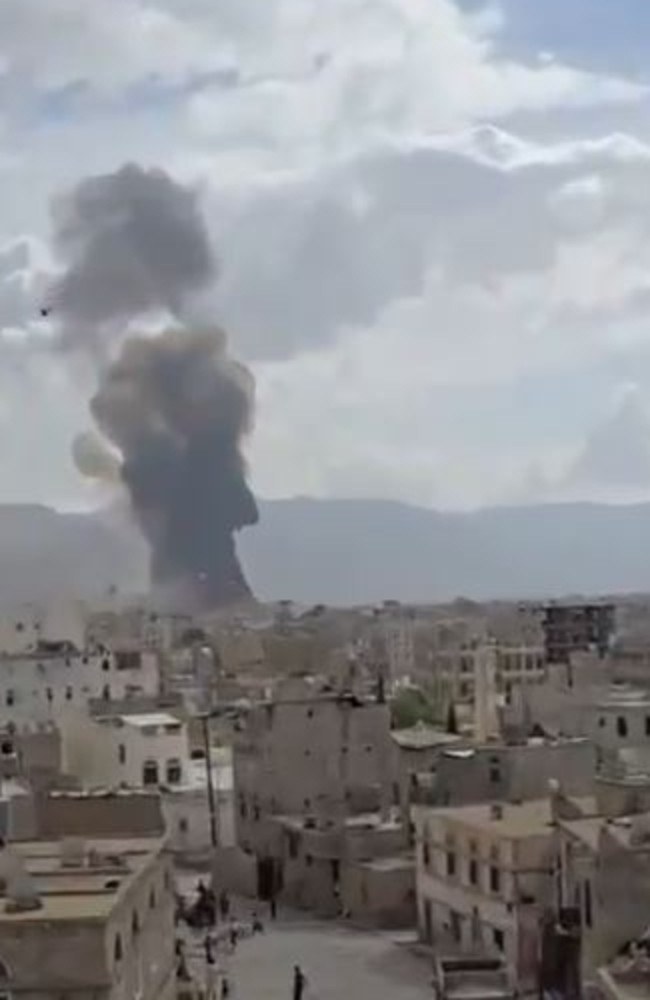
Roots of conflict
Pakistan and India have long been uneasy next door neighbours.
After independence from British colonial rule in 1947, the country was divided into Muslim majority Pakistan and Hindu majority India.
However, India remains more religioiuslly diverse with Islam its second largest religion.
The Muslim majority Kashmir region is disputed by both nations and has been an ongoing flashpoint. The massacre of 26 non-Muslim tourists on 22 April, that led to the current strikes, was in Kashmir.
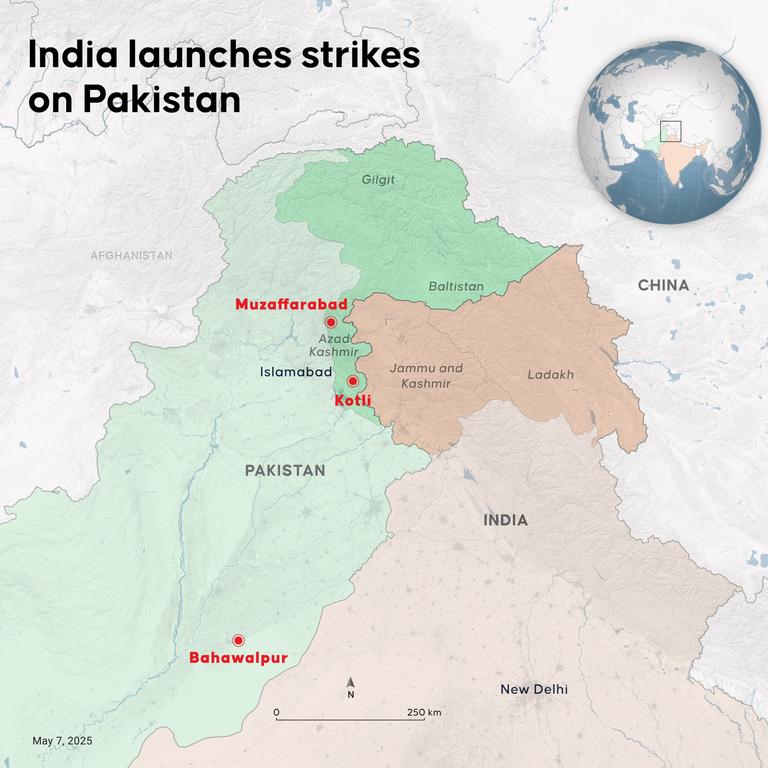
Planes avoiding disputed region
Starling imagery from website FlightRadar24 has shown zero commercial flights over the disputed Kashmir region.
It’s thought any counter attack by Pakistan may come there. For days the area has also been rocked by cross frontier battles.
India has closed 25 airports in its north west close to Pakistan. Meanwhile, international airlines have chosen to avoid the airspace completely even if only passing through.
Flights from Europe and the Middle East to India are now mostly flying across the Indian Ocean avoiding Pakistan as well. That means many flighs from the west into Delhi, for instance, are taking an almost 90 degree turn to reach the capital once they cross the Indian coast.
Internal flights within Pakistan continue to operate but few foreign airlines are traversing the nation.
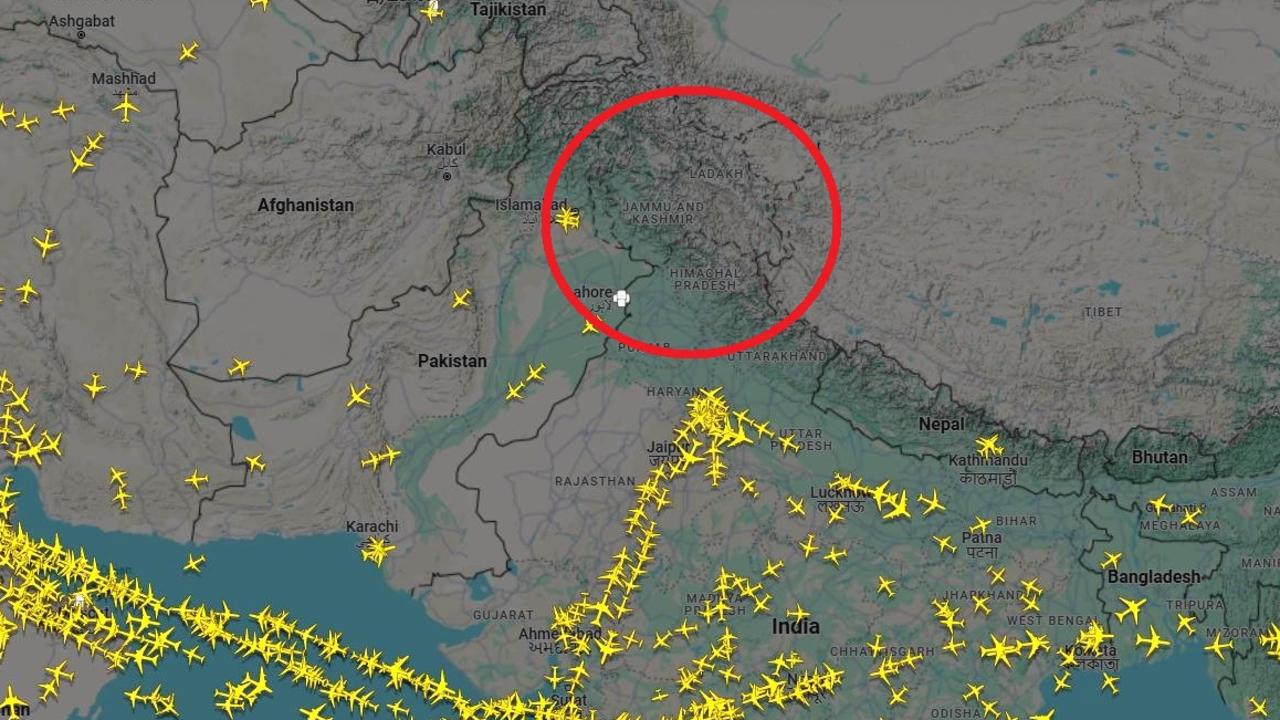
‘Nobody wants a war’
National spokesman for India’s ruling party the Bharatiya Janata Party Nalin Kohli defended the strikes to the BBC.
“Nobody wants a war,” he told the BBC World Service.
But he said that India won’t “stay away from protecting rights” and “ensuring that Indian blood is not spilled … in a power game, based on a network that supports terrorists or breeds terrorists”.
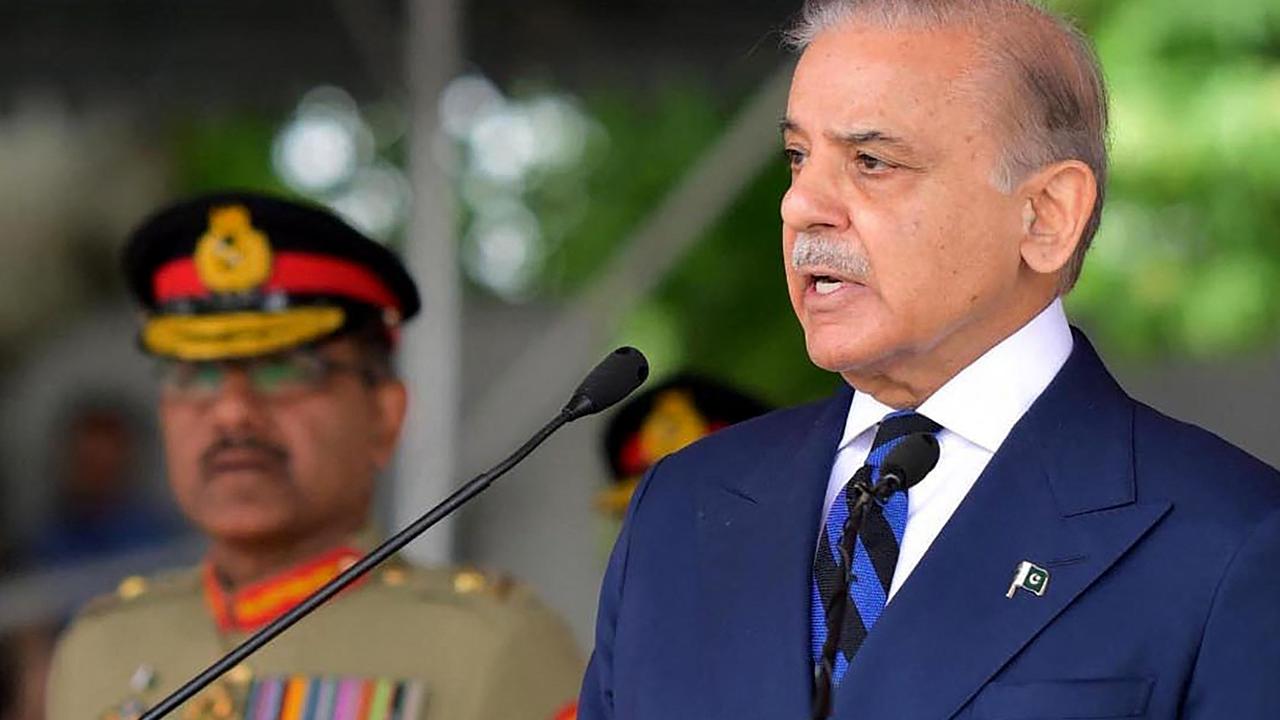
World reacts to escalating tensions
World leaders have raised serious concerns about the escalating tensions. There have been a flurry of calls on Wednesday form foreign ministers to both Delhi and Islamabad urging a cracking down of tensions.
UN Secretary-General Antonio Guterres called for calm between the two nuclear-armed nations saying the “world cannot afford a military confrontation between India and Pakistan”.
Afghanistan’s Taliban government warned that further escalation was not “in the interest of the region” after they exchanged artillery fire along their contested frontier.
US President Donald Trump, meanwhile, said he hoped the conflict ended “very quickly” and his Secretary of State Marco Rubio encouraged the south-Asian neighbours to open diplomatic lines.
The missile strikes, which Indian authorities claim hit nine “terrorist camps”, were said to be in response to attacks on Indian nationals in the disputed region of Kashmir last month.
Indian foreign minister Vikram Misri said the country had “exercised its right to respond, pre-empt as well as deter more such cross-border attacks”.
“These actions were measured, non-escalatory, proportionate and responsible,” he said.
Mr Misri claimed investigations into the Pahalgam attack had established links between terror groups and Pakistan.
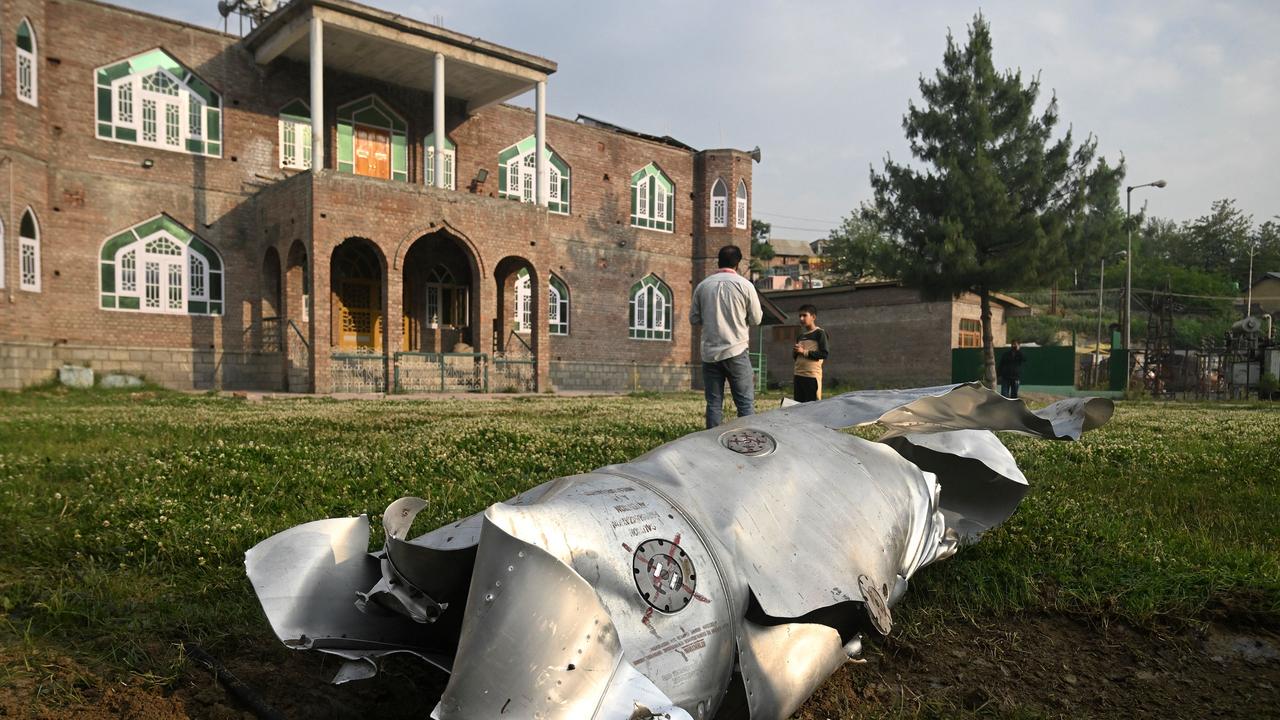
Pakistan’s PM Sharif said the attacks were “cowardly” in a post on X.
“Pakistan has every right to respond forcefully to this act of war imposed by India, and a forceful response is being given,” he wrote.
Pakistani officials claimed they shot down five Indian jets and a drone “within Indian Territory”, according to multiple reports.
Mr Asif told AFP “the retaliation has already started”.
“We won’t take long to settle the score,” he said.
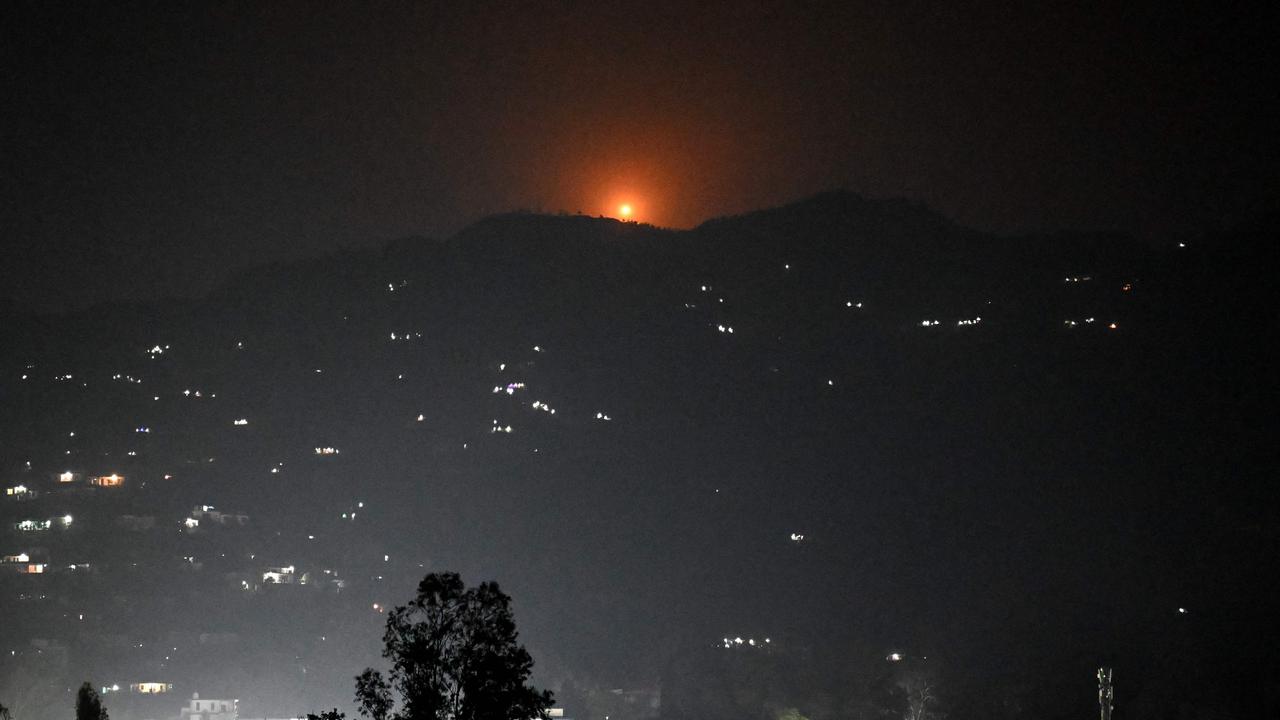
‘Provocation’
Earlier, the Pakistani army announced towns in Pakistan-administered Kashmir and another in Punjab, bordering India, were targeted in what it called a “heinous provocation”.
Pakistan’s military claimed on Wednesday afternoon, AEST, that 26 “civilians” had now died.
India’s US Embassy, however, said in a statement “no civilian, economic or military targets have been hit”, claiming “only known terror camps were targeted”.
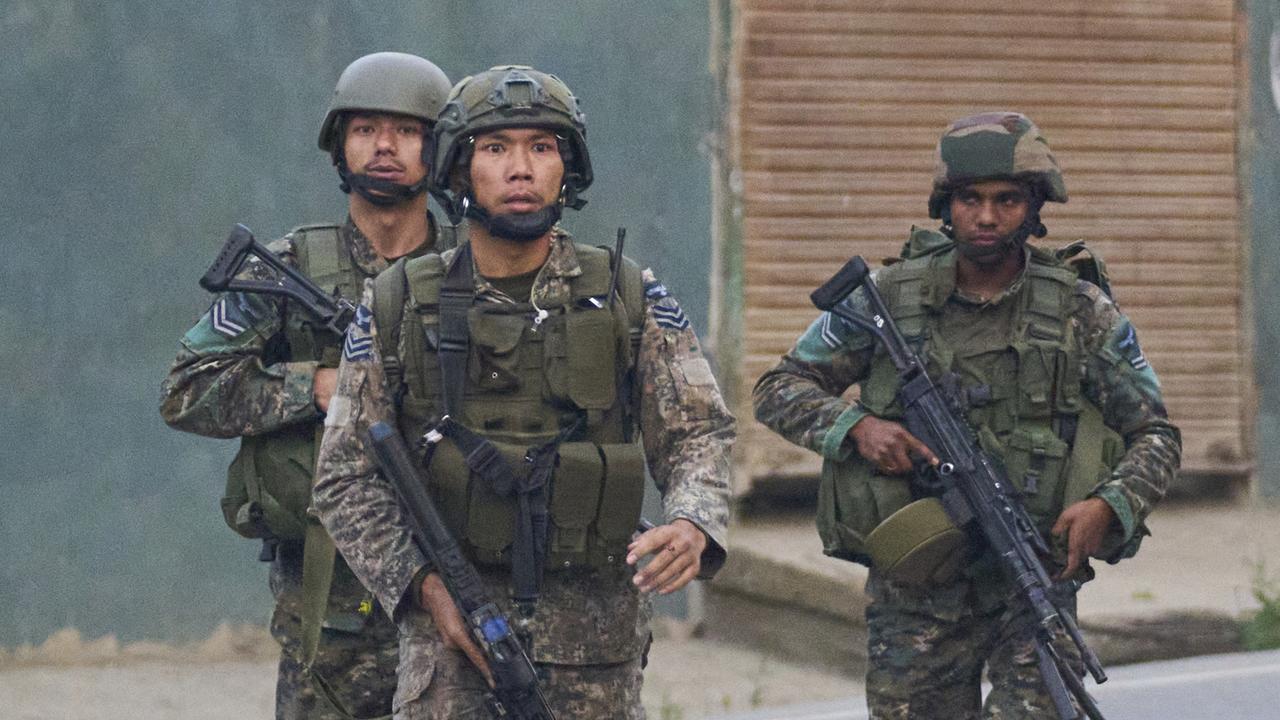
TheAssociated Pressreports a woman was killed and girl wounded in Indian-controlled Kashmir when opposing soldiers traded mortar and gunfire in the Makote area.
The Indian military has claimed three civilians were killed after the Pakistan Army “resorted to arbitrary firing and artillery shelling” from posts across the Line of Control”.
The Indian Army said in a statement it was “responding in proportionate manner”.
Confirmed strike locations inside Pakistan so far include Bahawalpur, Kotli, Muzaffarabad, Bagh, and Muridke, according to local media.
A state of emergency has been declared in Punjab, Pakistan’s most-populous province, with schools closed and the leave of medical staff and civil defence personal cancelled.
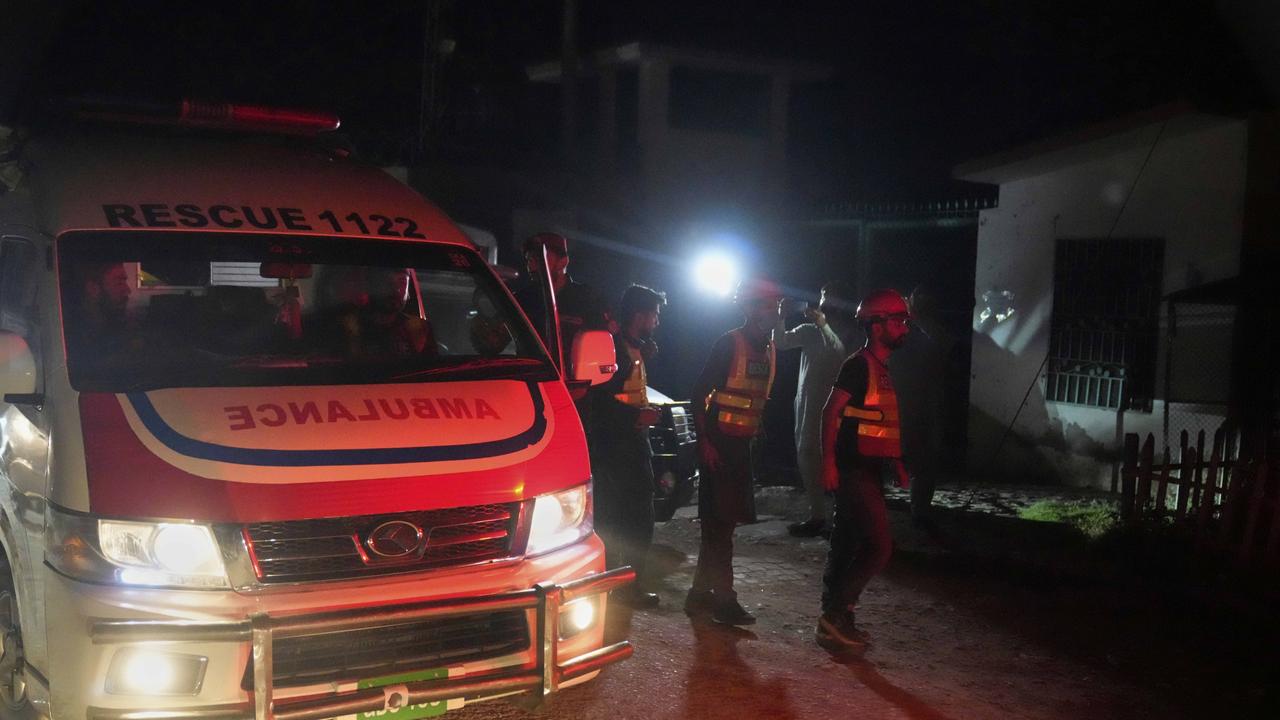
Kashmir tensions
It marks a major escalation between the nuclear-armed neighbours, which have been engaged in cross-border gunfire since a terror attack on Indian nationals in Kashmir two weeks ago.
New Delhi has blamed Islamabad for backing the attack, which killed 26 people, sparking a series of heated threats and diplomatic tit-for-tat measures.
Pakistan rejects the accusations, and the two sides have exchanged nightly gunfire since April 24 along the de facto border in Kashmir, the militarised Line of Control, according to the Indian army.
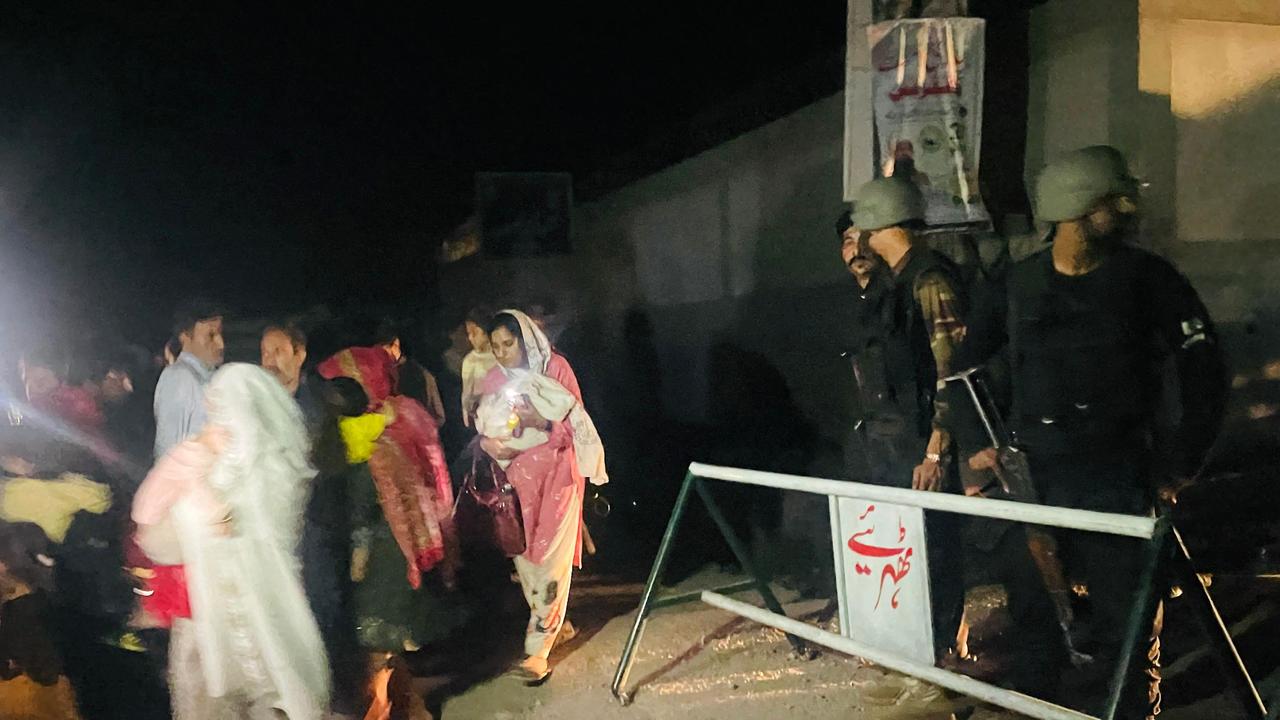
Indian Prime Minister Narendra Modi had said on Tuesday that water from India that once flowed across borders “will be used for India”, after suspending a key water treaty with Pakistan.
“India’s water used to go outside, now it will flow for India”, Mr Modi said in a speech in New Delhi.
“India’s water will be stopped for India’s interests, and it will be used for India.”
Australia India Institute professor Amitabh Mattoo has told the ABC what happened next would “depend on Pakistan’s response”.
“Because India has done what it wanted to do – punish the terrorists.”
Raji Pillai Rajagopalan from the Australian Strategic Policy Institute told the national broadcaster a response was “likely”, although she said Pakistan had shown restraint so far.





